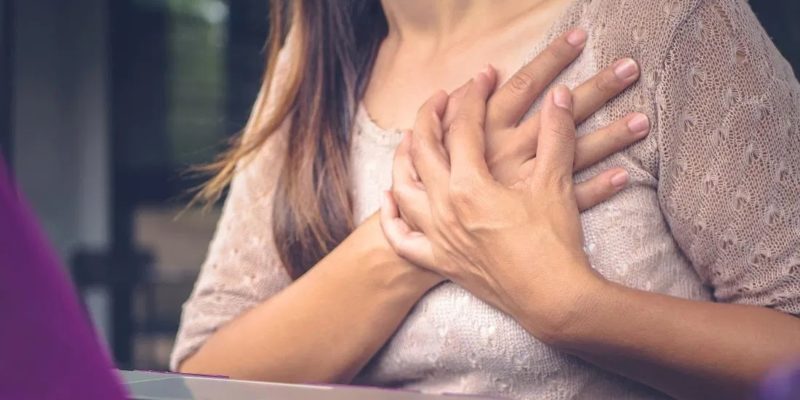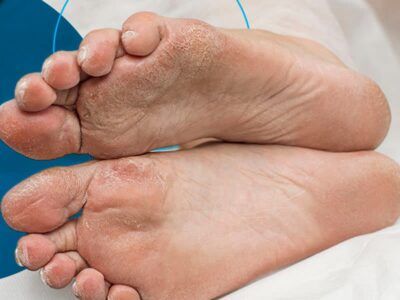A symptom such as heart pain is often linked to suffering from cardiovascular diseases such as acute myocardial infarction. Heart pain is described as a sensation that is generated around it, as if there is a heavy object on it. It is likely that the pressure in the chest after eating is related to the ingestion of some foods, the way they are eaten, or a specific medical condition that we will describe in this article. Keep reading, and discover the most common causes of heart pain after eating.
Distressing heartburn
When you swallow your food, it moves from your oesophagus to your stomach through a group of muscles called the lower oesophageal sphincter. The LES relaxes to allow food to get through to the stomach, and then contracts to prevent food, and digestive juices from flowing back into your oesophagus. Heartburn occurs when the SLE relaxes, or becomes weak, allowing stomach acid to flow into the oesophagus.
Gastro-oesophageal reflux disease
If you are experiencing heart pain on a regular basis, after eating something, you may have gastroesophageal reflux disease. Digestive diseases such as gastro-oesophageal reflux disease, and acid reflux occur more than twice a week for at least a few weeks. Other symptoms include chest pain, wheezing, nausea, vomiting, sore throat, bad breath, wheezing, and dry cough. However, if left untreated, gastro-oesophageal reflux disease can lead to serious complications, including bleeding from the oesophagus, breathing, and oesophageal problems.
Other digestive dilemmas
Heartburn, and gastro-oesophageal reflux disease are not only digestive issues that can cause pain in the heart area after eating. An oesophageal spasm, indigestion or, a gallbladder attack can have the same effect. A gallbladder attack, which is characterized by chest pain, nausea, and a pain in the abdomen, is more likely to occur right after a fatty meal.
When to go to the doctor for Heart pain
It is important that you see your doctor immediately if you feel pressure in your Heart, and if any of the following circumstances occur –
- If the pain expands to the throat, jaw and arms.
- If there is heaviness or stiffness in the chest.
- If you have difficulty breathing.
- If severe headache appears suddenly.
If you have doubts about the causes that is causing the pressure in the chest, do not hesitate to consult the doctor for a relevant assessment, because prevention is better than cure. Avoid self-medication.













Comments